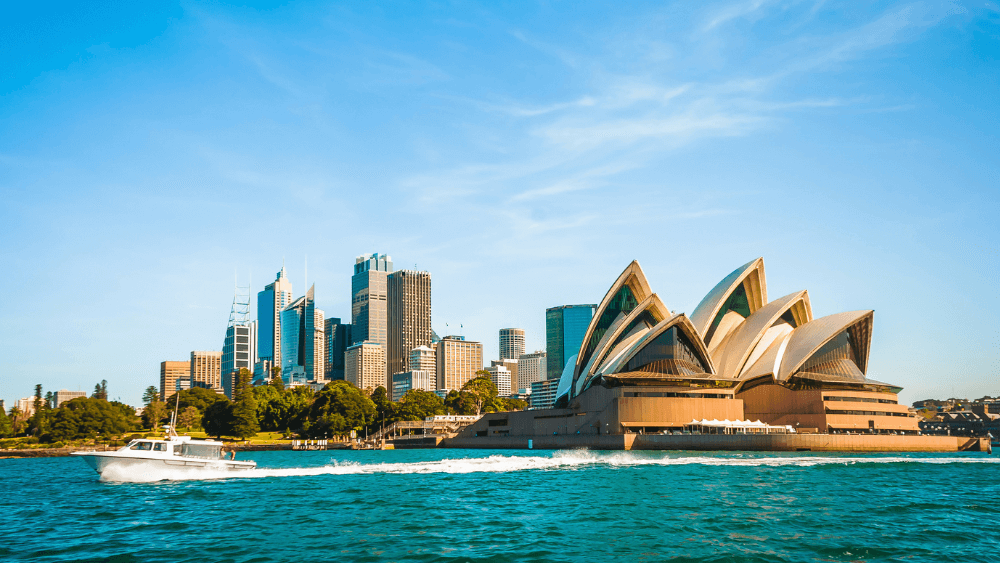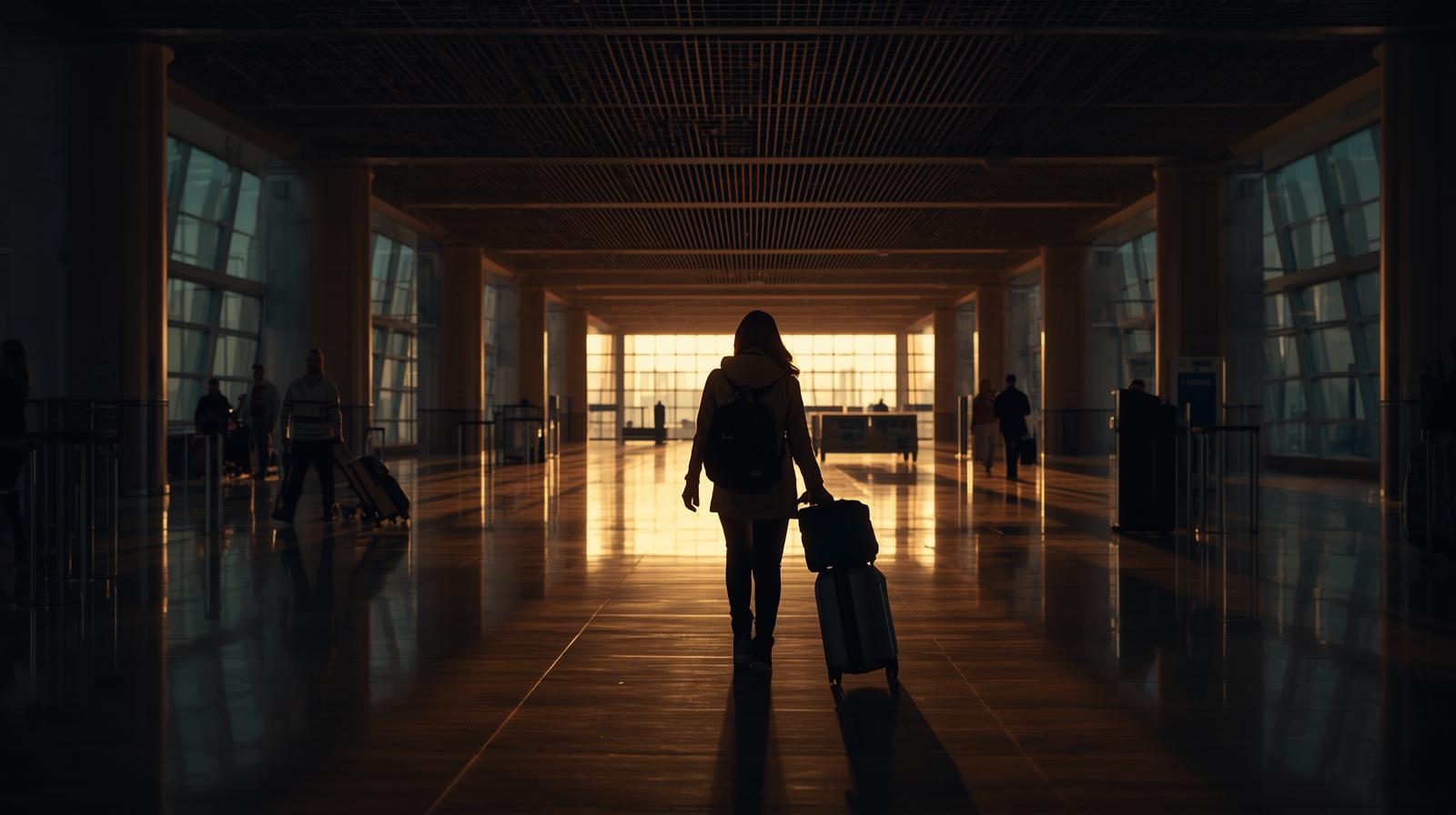
Whether you’re moving for work or a fresh start, it will take some time to properly settle in your new country. If you’re from the UK or the US, you can feel glad you don’t have to learn a new language, but there are still a handful of changes you need to adapt to.
You won’t go far by just turning up one day without any prior preparation, so know what to expect upon arrival:
This process alone takes anywhere from a few weeks to several months – depending on the visa you’re applying for. Student and tourist visas are usually no bother to apply for, but expect the following for skilled migration visas:
In addition to securing your visa, you also need to research topics like:
It’s a big country with different appeals in every city, so you need to know which ones align with your personal or professional goals the most.
You need temporary accommodation sorted before you land, but finding a permanent place could take weeks, depending on where you want to stay. Rental demand is naturally quite high in most major cities, meaning your best bet is to start searching early.
The initial honeymoon period is exciting, but you’ve got a litany of administrative tasks and adjustments to make before you can feel settled:
The first tasks you’ll want to tick off are the following:
You’ll probably understand Aussie slang better if you’re British rather than American, but you’re still going to have to adjust to the pace of life and cultural norms as a whole. People are fairly friendly and direct, though, which makes the culture easy to embrace.
You might be spending your first few weeks somewhere temporary, but finding a long-term rental could definitely take longer, depending on both availability and your personal requirements.
Have patience and flexibility if you want to rent somewhere like Sydney or Melbourne since they require quite competitive applications. You’ll have most of your essentials set up within the first few months, but there’s a good chance you’ll still feel slightly lost at this point.
If you’re lucky enough to work remotely then chances are you can continue your old job in Australia (unless the time difference is too significant). Most people will have to find new work, though, which can be tough in Australia’s competitive job market.
If you’ve got a skilled migration visa, then your professional background will influence your job prospects. Local experience is usually valued, which means it could take a few months to secure your ideal job. In the meantime, networking and industry groups could do you a favour.
Aussie workplace culture usually comprises the following:
This environment could be different from what you’re currently used to so make sure you’re as open-minded as possible.
If you’re an international student, settling into a new academic routine usually means:
Most people will have a new job or have settled into their education within around 3-6 months of arriving. Any job roles that require specific certifications or additional experience could easily extend this, though, so take this timeframe with a pinch of salt.
Feeling “at home” in a new country has a lot to do with social connections. Australians being as friendly as they are make this easy enough, but it can still take time to build a close circle of friends.
It’s not uncommon for new arrivals to join a local club or something of that ilk. Whether you’re interested in sports, arts, or volunteer work, there’s probably a group that fits your interests. This makes it far easier to build organic friendships.
Most Aussies are laid-back people, so go and enjoy a barbie or watch a footy match in your local city to get in on the camaraderie. Just like anywhere, you need to show your face around town to make new friends and connections – don’t be intimidated or feel shy just because you’re new.
Settling in also means finding support within cultural or language-based communities, of which Australia has many. This is particularly true for cities like Sydney and Melbourne since they have diverse populations, which makes it easier to connect with people from similar backgrounds.
It could easily take around 6-12 months to form a close group of friends in Australia, but this obviously depends on your effort to socialise and get involved with community activities.
Australia has a high quality of life but also a higher cost of living if you want to move to a major city. This can be jarring if you’re not used to inner-city living, but most newcomers will be far more financially stable and familiar with lifestyle costs after a year.
From rent and groceries to utility bills, it’ll take time to get used to all the costs in Australia. We recommend tracking your expenses during the first year so you can hopefully enjoy your new lifestyle without financial strain.
If you came here for work, understanding the tax system and superannuation (retirement savings) is paramount. Taxation in Australia operates on a tiered system, so being informed here helps you maximise take-home pay.
Truly feeling settled is going to take around 1-2 years. By this time, many people describe Australia as their “home”, and might even pursue citizenship or permanent residency if they haven’t already.
Christmas in the sun or a lack of Halloween (although it’s more popular with the younger generations) might be a bit jarring at first, but Australia has plenty of unique holidays and traditions to get involved with.
After, or even during, your first year, you might feel more comfortable exploring more of Australia’s offerings. Whether it’s the Outback or the Great Barrier Reef, there is huge diversity throughout Australia that’ll help you feel more connected to the country.
If you decide to stay longer, you might want to set some personal and professional goals in Australia – from buying a home to starting a new family. This is how you transition from being a newcomer to a full-fledged Aussie.
Ready to move to Australia? Utilise Upscore’s Finance Passport to get better loan opportunities and to settle in faster. Let us handle the bulk of the admin work and see how we can help you make your dream move!

If you’ve recently moved to France or are planning a move, you’ll find car ownership here definitely has a bit...
Read More

Spain actually boasts more Blue Flag beaches than any other country in the world – 642 at the last count...
Read More

Weighing up the idea of moving to the United Arab Emirates? Maybe Dubai, maybe Abu Dhabi, or one of the...
Read More